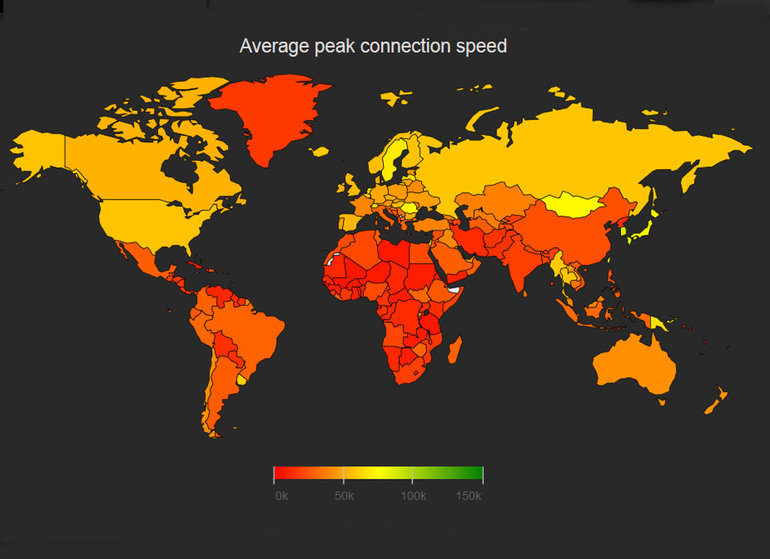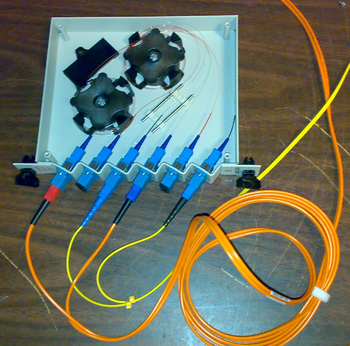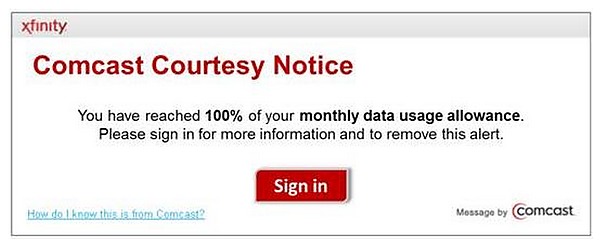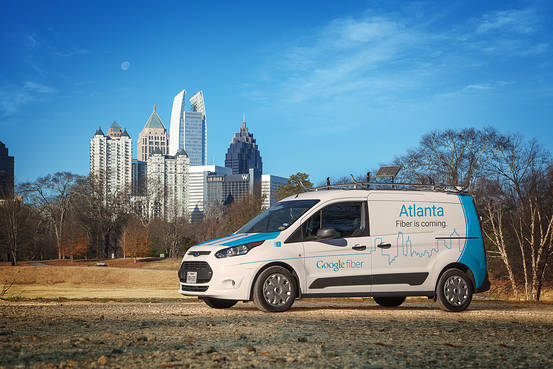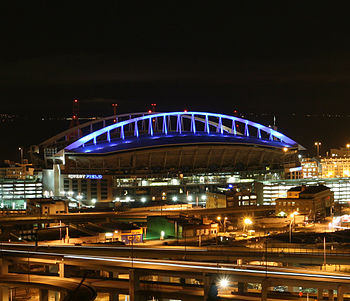Finally the concept of open-access last mile networks is getting more attention. We could debate the motives behind Comcast’s usage caps, but there is a good chance that they would disappear if there was service-level competition. Even in the wireless market where bandwidth resources are limited, carriers like Sprint still offer an unlimited data package. They do this to compete against Verizon Wireless and AT&T Wireless; it is a product differentiator. The open-access model does work and more cities should implement a variation that works best for their community. The infrastructure could be city, third-party, or carrier consortium owned or a combination of any of those options. In any case the most expensive part of the network will be a shared resource that will be economically justified because its’ usage will be maximized. Offering open access to all service providers on a non-discriminatory price basis will allow multiple service providers to enter a market to offer differentiated and competitive services.
We’ve long made the point that Comcast’s usage caps are just a symptom of the overall lack of competition. The caps, which even Comcast itself has indicated really aren’t financially or technically necessary, are little more than a glorified price hike designed to protect the company’s TV revenues from Internet video. And if customers in Comcast markets had the choice of other ISPs, they’d be able to flee to unlimited offerings. Continue reading





